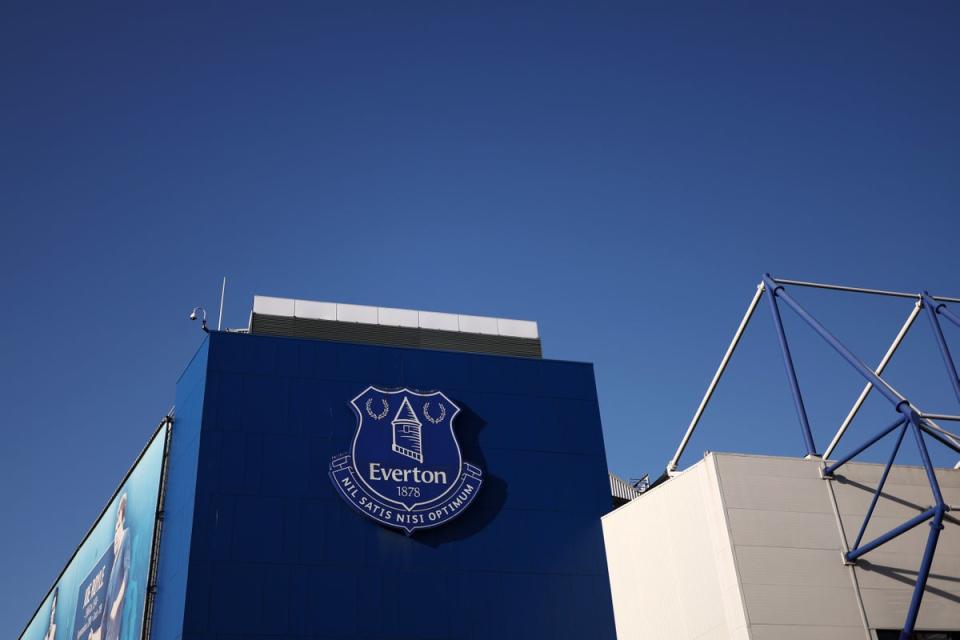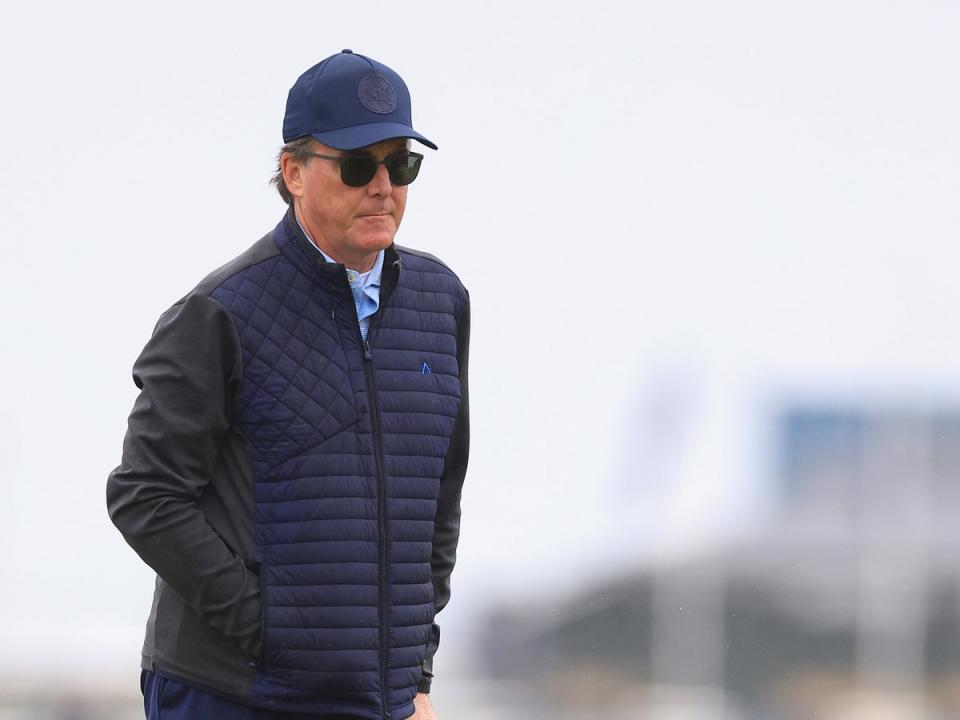After Friedkin’s decision, are Everton now the unbuyable football club?

It seemed too good to be true. Sadly for Everton, it proved too good to be true. When the Friedkin Group entered into an exclusivity agreement to buy the Merseyside club, it seemed as if owner Farhad Moshiri had fallen on his feet. After the increasingly farcical saga of the supposed takeover by 777 Partners, with warnings rolling in from Australian airlines, American courts and foreign football clubs alike, Everton instead looked destined to be bought by someone far more credible.
Dan Friedkin has a reported worth of $6.2bn. His ownership of AS Roma has been a qualified success. He has a range of companies, none seemingly offering cause for concern, and is well connected in Uefa. If there are skeletons in his closet, no one had found them. Friedkin seemed the anti-777, the American owner Everton could welcome. Except that, now, he will not own Everton.
Friday’s announcement that the Friedkin Group were ending their agreement with Blue Heaven Holdings, Moshiri’s company, means that, for the second time in two months, Everton are searching for a new buyer. And while 777 are gone, they left a toxic legacy. The problems created by Moshiri’s disastrous attempt to sell to them remain, and unless resolved could deter any other suitors.
Because while the summer has shown that Everton remain an attractive proposition, with Sean Dyche securing their Premier League status, a new £760m stadium due to open next year and a status as perhaps the last great institutional English club available to investors, the Friedkin Group concluded that the debt Everton owed to 777 – and now contested by their successors and litigants – was unresolvable. That may be what a period of due diligence is for, but if their lawyers and advisors determined that proceeding with the deal was too great a risk, it also contains the possibility that others would reach the same conclusion.
A few weeks ago, there were a host of interested parties. John Textor, the Crystal Palace co-owner, was one. Vici, a private investment fund, was another. The businessman Vatche Manoukian and his consortium made a £400m offer. There were two groups – one involving MSP Sports Capital, the other the Everton-supporting millionaires Andy Bell and George Downing – who were looking into bids. MSP, Bell and Downing have less direct reason to intervene now, as they were owed £160m as part of a loan Moshiri took out. Friedkin repaid that, investing £200m.

That now becomes a debt, which is secured against Everton’s new ground at Bramley-Moore Dock. Friedkin is not calling it in now, so it does not present an immediate problem. Everton also owe £225m to Rights and Media Funding, also secured against the stadium. While less than ideal, that is also not an existential threat.
But 777 had loaned Everton around £200m. It is not as simple as just repaying it; not when the collapse of the empire 777 has created complications. The 777 co-founders Josh Wander and Steven Pasko were removed from the board of their football division. The power may instead rest with A-Cap, the company who had underwritten 777’s expansion but the Friedkin Group decided the loan was unresolvable now. Leadenhall Capital launched a $600m lawsuit against 777 in a civil court in New York in May, accusing them of fraud on a vast scale; as part of that, last month, they got an injunction putting a temporary restraining order over their assets. Among other elements, they are contesting who assumes the debt. Should a prospective buyer want to negotiate – and as 777 had less security than Rights & Media or the Friedkin Group, there would otherwise be a case for seeing if they would accept a lesser sum – it is not clear who to negotiate with. And while that happens, interest on the debt grows by the week.
So until and unless an American court resolves whether it is A-Cap, Leadenhall or anyone else, Everton could be left in limbo. In the meantime, it would need a buyer to take a greater gamble than Friedkin was willing to do. The former LA Dodgers general manager Kevin Malone is reportedly interested, but his consortium could face similar issues.
Meanwhile, Everton have stressed their financial position is healthier than it has been for a while; all things are relative, of course. Selling Lewis Dobbin and Ben Godfrey ought to have helped them pass Financial Fair Play last season; Amadou Onana is on the brink of a £50m move to Aston Villa. Friedkin’s investment will help fund the new ground; the end is in sight on that front. Yet now they are plunged back into uncertainty on another.
As the fallout from 777’s plummet into crisis reverberates around a host of companies, it looked as though Everton had escaped unscathed, that they had got a lucky escape. But now the 777 loan threatens to make Everton the club no one dare buy.

